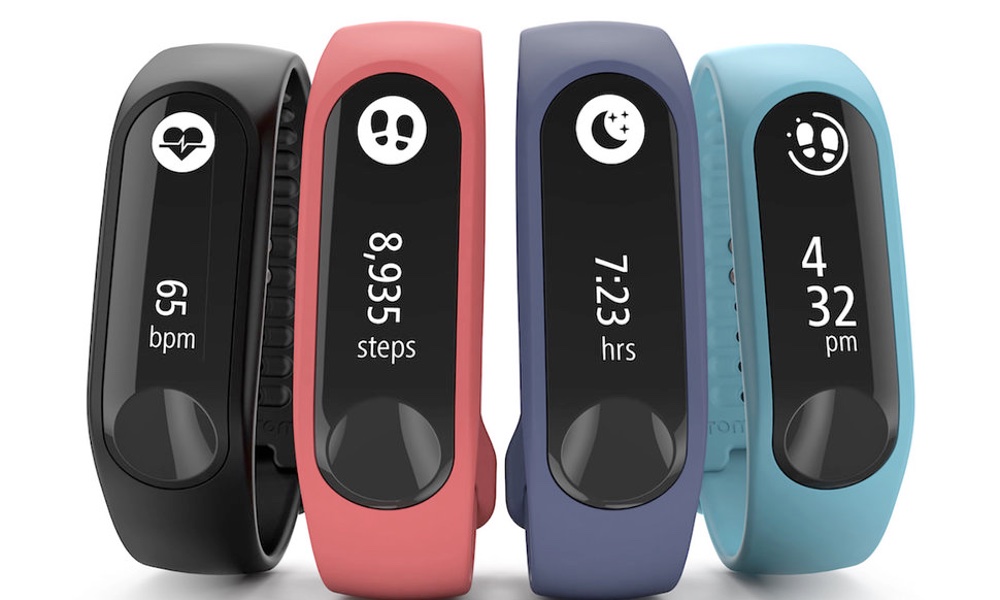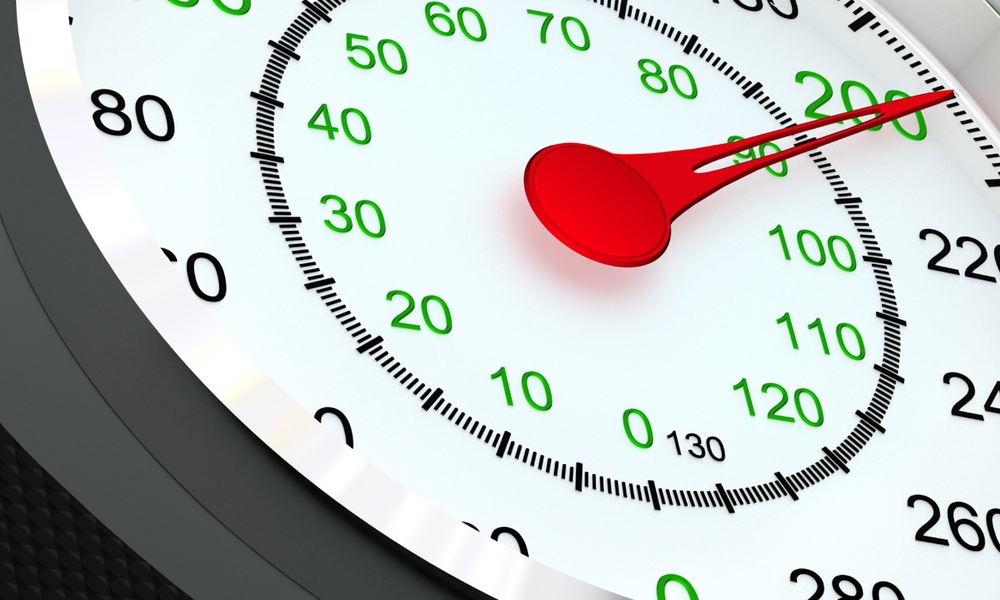It may be the first scientific evidence for beauty sleep. Researchers have found that people with sleep apnea look younger, more alert and more attractive after about two months of treatment with mild air pressure to open blocked airway passages.
So when scientists see improvement in the looks of the chronically sleep-deprived, there's every reason to expect that the same will hold true for anyone who's sleep deprived or has been having trouble getting a good night's sleep once they start sleeping better.
Lack of sleep affects everything from brain function to sexual performance. Good reasons to pay attention if people are asking you whether you've been getting enough sleep.
People with sleep apnea don't sleep well because every night they have one or more pauses in breathing or shallow breaths while asleep. These breathing pauses can last from a few seconds to minutes and may occur 30 times or more an hour. Typically, normal breathing then starts again, sometimes with a loud snort or choking sound. As a result, those with this common and ongoing condition rarely get deep, high-quality sleep.
There's plenty of anecdotal evidence that people look worse when they're not getting enough sleep but little research confirming it. The doctors at the University of Michigan Sleep Disorders Center thought they had seen many cases where patients looked better after their sleep problems improved but had no hard evidence that this was true.
So they designed a study to see if sleep really did make a positive and visible difference in appearance.
They took high-resolution photographs of 20 sleep apnea patients, before they were treated with continuous positive airway pressure, better known as CPAP.
CPAP helps people with sleep apnea sleep better by using mild air pressure to open blocked airway passages. A motor sends out a gentle stream of air and a tube from the motor connects to a mask that people wear while sleeping. Then they took another set of photographs after the CPAP treatments.
They correctly identified the post-treatment photo about two-thirds of the time. And two-thirds also thought that the people in the post-treatment photos looked more alert, more youthful and more attractive than in their before photos.

Raters noted that faces looked less red after treatment, a change particularly noticeable in the study's 16 Caucasian subjects, and their foreheads looked less puffy. Surprisingly, neither blue circles nor puffiness under the eyes, popular trademarks of lack of sleep, seemed to be involved.
People may simply look better when they feel better. And rested people would certainly be expected to feel better than sleepy or sleep deprived people. Larger studies may help pinpoint other changes that take place in the faces of people when their quality or quantity of sleep changes.
There's more than just vanity at stake. Sleep apnea is a serious and potentially deadly condition. And a general lack of sleep affects everything from brain function to sexual performance. Good reasons to pay attention if people are asking you whether you've been getting enough sleep.




